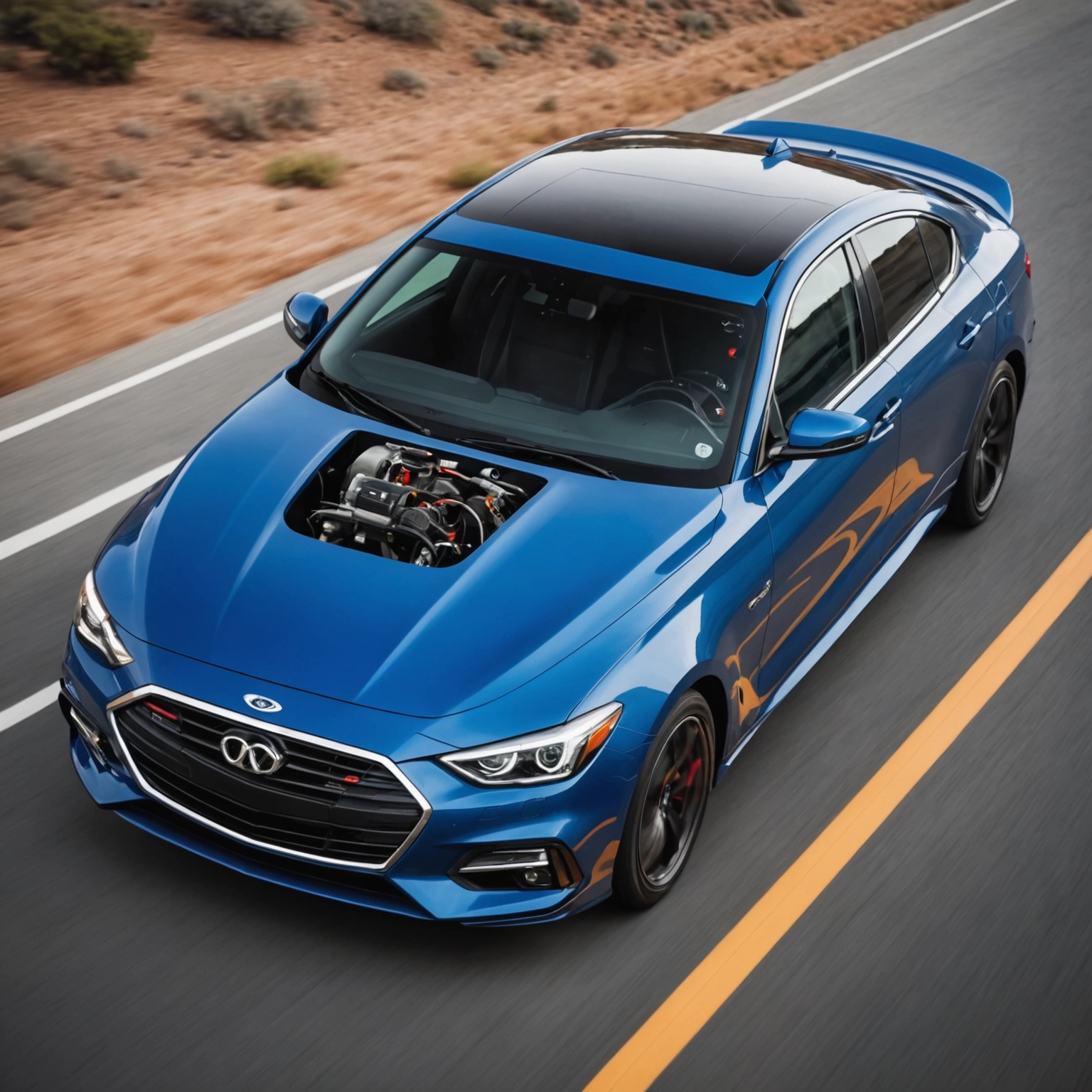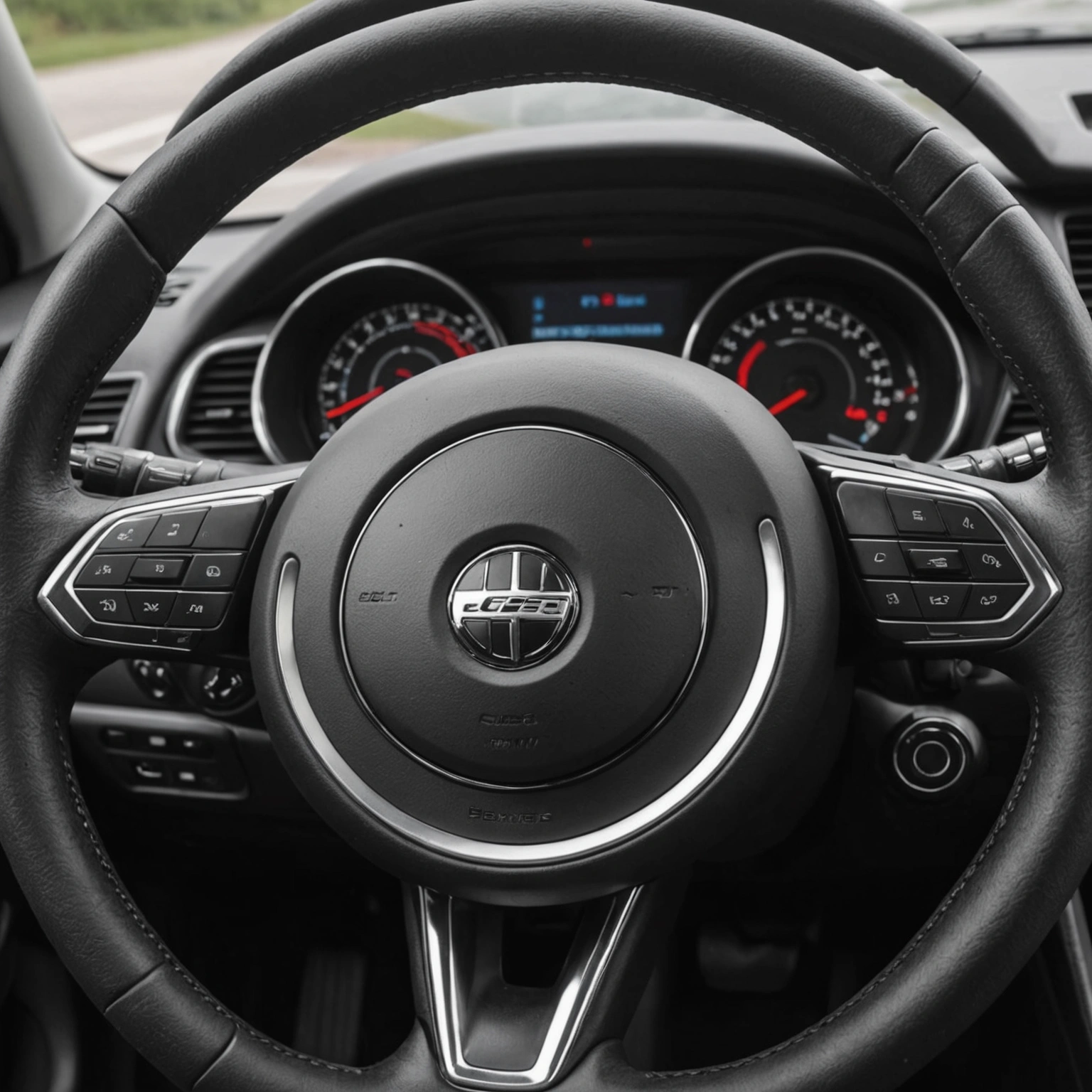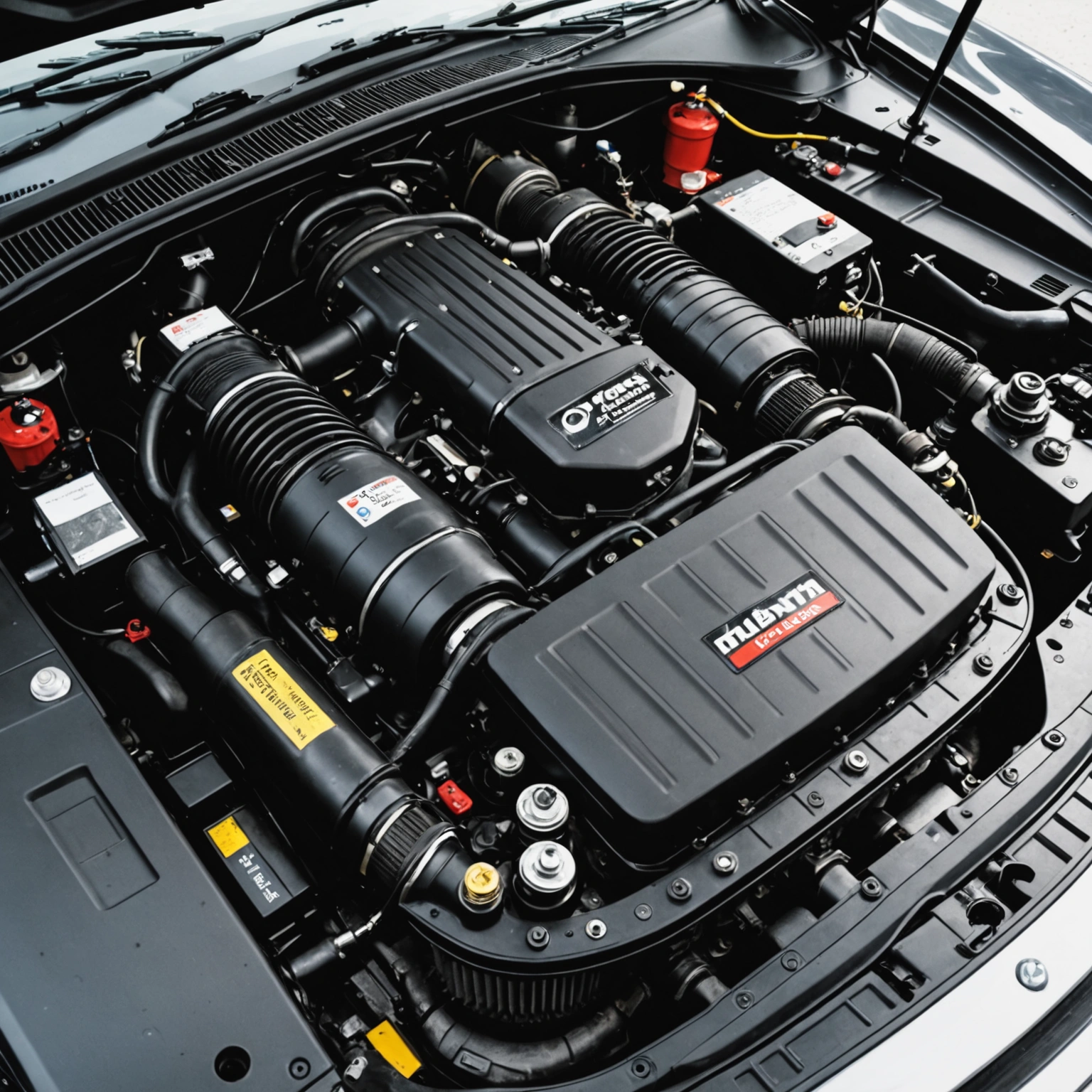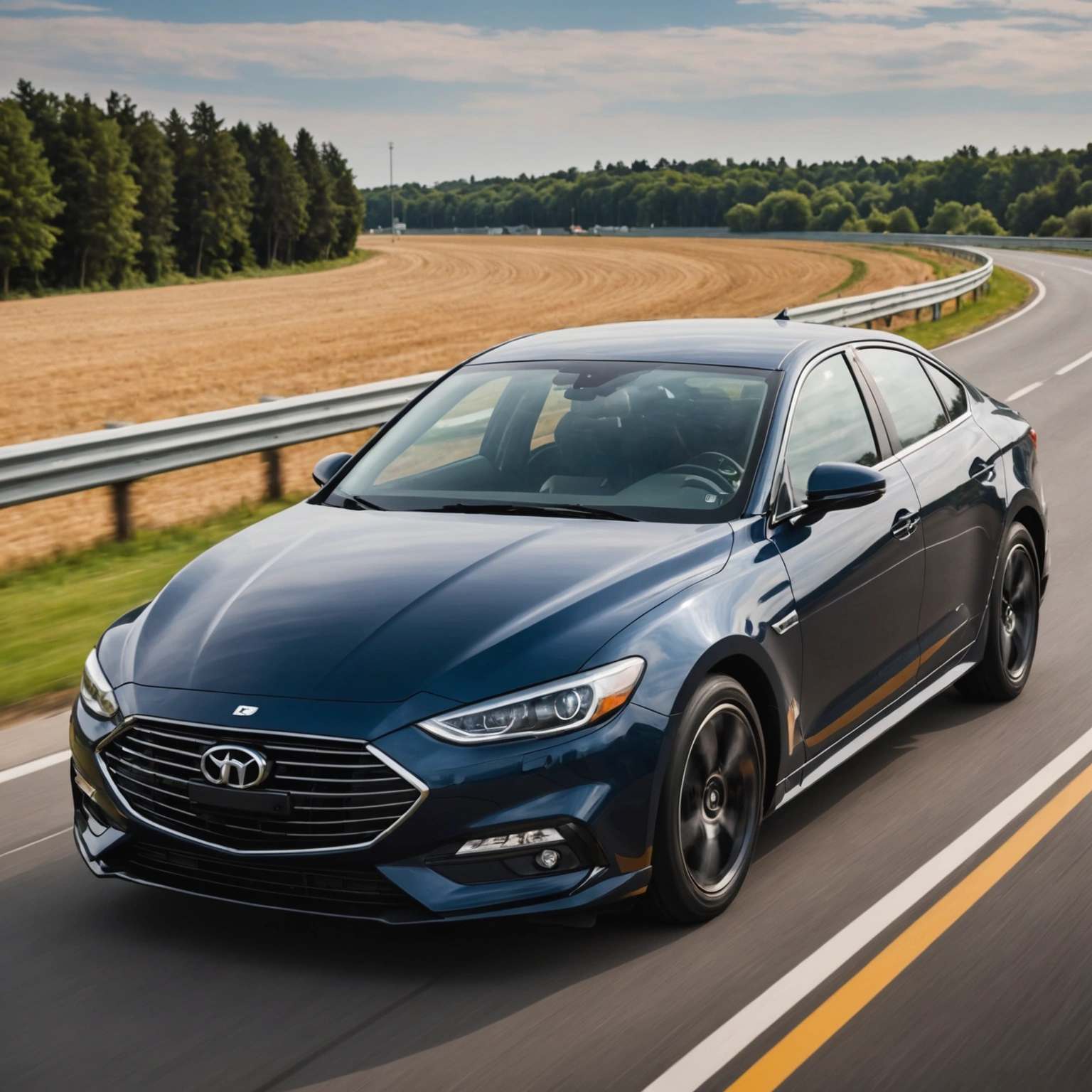**Why Does My Car Vibrate at High Speeds? Understanding the Causes and Solutions**
Experiencing vibrations while driving at high speeds can be unsettling and sometimes even dangerous. If your car starts to shake or vibrate when you accelerate beyond a certain speed, it’s essential to diagnose the underlying cause promptly. Understanding why this happens can help you address the issue effectively and ensure a smooth, safe ride. Here’s a comprehensive overview of common reasons behind high-speed vibrations and what you can do about them.

### Common Causes of High-Speed Vibrations
#### 1. Wheel Balance Issues

**Most common culprit.** When wheels are not properly balanced, they can cause vibrations that become noticeable at higher speeds. Over time, weights that keep the wheels balanced can fall off or shift, leading to imbalance.
**Symptoms:**

– Vibration felt in the steering wheel or seat
– Usually occurs above 50-60 mph

**Solution:**
– Have your wheels rebalanced at a professional shop. This involves adding small weights to the wheel rim to ensure even weight distribution.
#### 2. Wheel Alignment Problems
Misaligned wheels can cause uneven tire wear and vibrations, especially at higher speeds.
**Symptoms:**
– Steering wheel pulls to one side
– Uneven tire wear
– Vibrations at speed
**Solution:**
– Get a wheel alignment performed by a technician to realign your wheels and improve handling.
#### 3. Tire Issues
Worn, damaged, or improperly inflated tires can lead to vibrations.
**Symptoms:**
– Vibration that varies with road conditions
– Visible tire damage or uneven wear
**Solution:**
– Check tire pressure regularly
– Replace worn or damaged tires
– Ensure tires are properly mounted and balanced
#### 4. Worn or Damaged Suspension and Steering Components
Suspension parts like ball joints, tie rods, or bushings, when worn or damaged, can cause instability and vibrations at high speeds.
**Symptoms:**
– Clunking noises
– Wandering steering
– Vibration that worsens over time
**Solution:**
– Have a mechanic inspect and replace worn suspension parts.
#### 5. Warped Brake Rotors
While more noticeable during braking, warped rotors can sometimes cause vibrations at high speeds if the issue persists.
**Symptoms:**
– Vibration felt in the brake pedal when braking
– Sometimes present at high speeds without braking
**Solution:**
– Resurface or replace warped rotors.
#### 6. Drivetrain and Axle Problems
Faulty CV joints, driveshafts, or axles can cause vibrations, especially noticeable during acceleration.
**Symptoms:**
– Vibration during acceleration
– Clicking or popping sounds when turning
**Solution:**
– Have a professional inspect and repair or replace damaged drivetrain components.
### Preventive Measures and Tips
– Regularly rotate and balance your tires
– Keep up with wheel alignments
– Inspect tires for wear and proper inflation
– Schedule routine suspension and steering system checks
– Drive cautiously over potholes and rough roads to prevent damage
### When to See a Mechanic
If you notice persistent vibrations that don’t go away after balancing wheels or adjusting alignment, it’s best to consult a professional. Ignoring these issues can lead to further damage and costly repairs down the line.
—
**In Summary:**
Vibrations at high speeds are often caused by wheel imbalance, misalignment, tire issues, or suspension problems. Addressing these promptly ensures your vehicle remains safe and comfortable to drive. Regular maintenance and inspections are key to preventing high-speed vibrations from developing into more serious issues.
If you’re experiencing this problem, schedule a visit to your trusted mechanic to diagnose and resolve the issue effectively. Safe driving!

